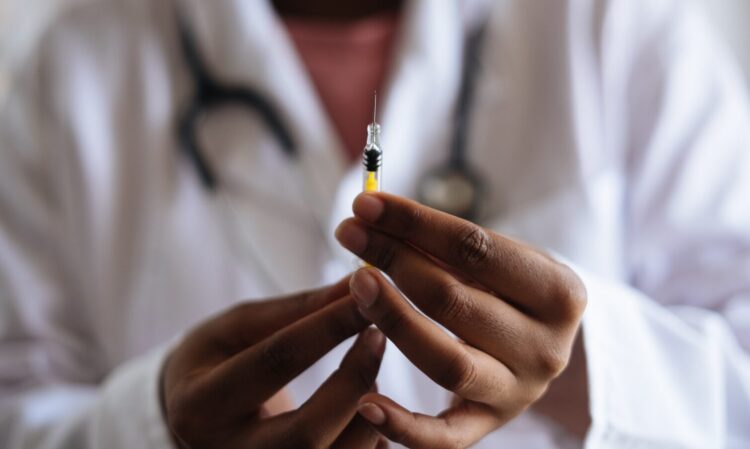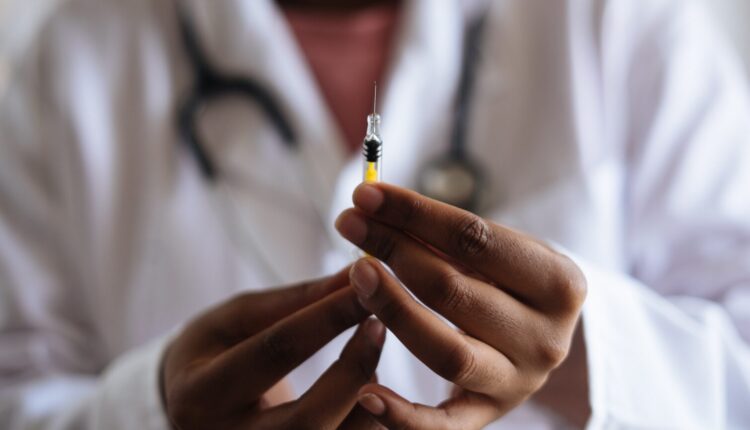How much protection will a COVID-19 vaccine offer?
According to the World Health Organisation, vaccines save up to 3m but while many will offer protection against severe illness, they don’t necessarily provide a barrier to infection. Tony McDonough reports

When we think about a possible vaccine for COVID-19, it is reasonable to assume that once we receive a dose we are protected against infection – but it is not that simple.
According to the World Health Organisation, vaccines save up to 3m lives a year across the world but few, if any, are 100% effective.
A vaccine actually contains part of the virus that it seeks to offer protection against. It prepares the body to respond to the full virus by creating antibodies which can halt, or at least, slow down its progression.
The so-called ‘gold standard’ for any vaccine is one that offers a barrier to infection. However, some of the vaccines currently in development, particularly the Oxford vaccine being produced with Astrazeneca, will hopefully protect against disease but not necessarily infection.
This means that it may not stop COVID-19 entering your body, but it will give your immune system extra firepower to fight the virus and slash the risk of severe and life-threatening symptoms.
Tests of the virus, which is currently undergoing Stage III human trials, showed that in monkeys it generally didn’t prevent infection but did cut the risk of respiratory distress and pneumonia
According to experts quoted in news outlet, Bloomberg, such a vaccine can still provide a valuable tool in the battle to prevent subsequent waves of the COVID-19 pandemic.
Professor Robin Shattock of Imperial College in London, said: “Is that protection against infection? Is it protection against illness? Is it protection against severe disease? It’s quite possible a vaccine that only protects against severe disease would be very useful.”
Dennis Burton, an immunologist and vaccine researcher at Scripps Research in La Jolla, California, agrees. He added: “Vaccines need to protect against disease, not necessarily infection.”
However, there is a danger of people being lulled into a false sense of security. It is now known that coronavirus can be spread by people who have no symptoms but are still carriers. Immunisation wouldn’t necessarily prevent them from passing it on.
Michael Kinch, a drug development expert and associate vice chancellor at Washington University in St Louis, explained: “They’re not going to necessarily realise that they might still be susceptible to infection.”

